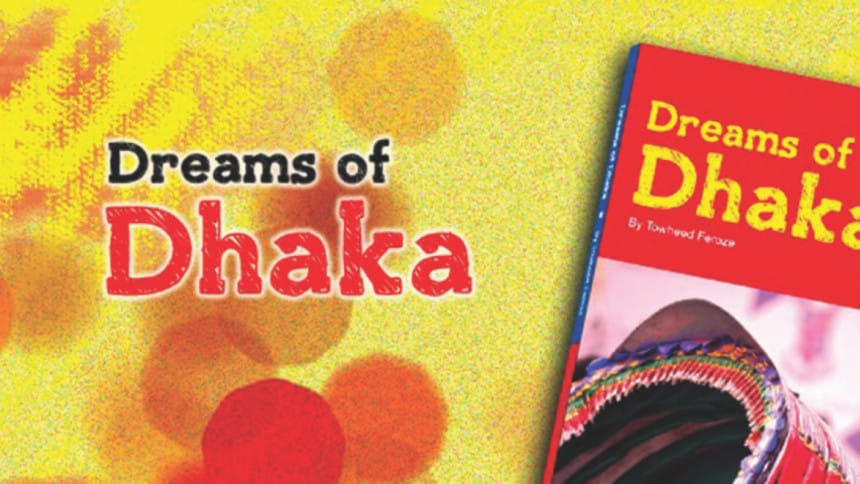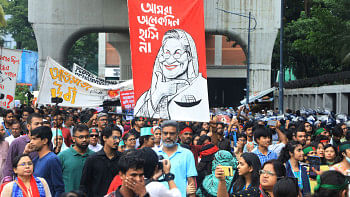Dreams of Dhaka

The most difficult book to review is the one written by one's brother, and especially if he is the elder one. It would be difficult to satisfy him. So, if you find this review 'too sweetened' don't blame me and you may stop reading it right away.
Few writers play with memories and even a fewer transform those memories in progressive chapters followed by strong emotional feelings topped with humour and baked in adult adventure maasalas. Moreover, the book is also a bold admission of facts composed in the shape of anecdotes weaving the tales of a rebellious yet adventurous mind.
Towheed's chronicling of past events is captured through the exploring lenses of a juvenile that has broken all social taboos. But this hard-to-put down book has a weakness: it's meant for a target specific audience. Those who were born and brought up in Dhaka under a set of precise conditions of that time can most well relate to his writing of Dhaka of those days. His growing up with rock 'n' roll songs, football mania, social-political settings and of course prohibited adventures is that of an explorer defined by his own terms.
Commenting on Towheed's Dreams of Dhaka writer and social scientist Dr. Mizanur Rahman Shelley said, 'Not only the book touched our mind but the writer has displayed 'spellbinding magic' in his description of Dhaka.
Can't say if it's magic or not but what's spellbinding is Towheed's simplistic style in narrating to deliver what he is best at: humour.
Many are likely to differ with his drawn-out political views and appeals for the prohibited world , but actually how many senior writers can you list to have revealed their 'darkest secrets'?
Probably the editor Mr. Nurul Kabir has most appropriately defined "Dreams of Dhaka", according to his understanding; he would not have known what he missed out on if he had not read the book. He further added, 'When the anti-autocrat movement was going in the 1980s, the entire society was passing through a transformation in all spheres of life. Transformation was taking place in people's outlook, in their culture and in their desires and expectations. The book has masterfully described every aspect of those transformations. It described how changes were taking place in cinema, book shops, modes of transport, roads and music, as well as the minds of the youth.'
In the end, there is a time machine in Towheed Feroze's book and whether you want to take a journey by it or not is up to you.
Pages, photos and printing handled by Palok publisher echoes the same old truth: in terms of publishing and promoting books we are still far behind to many of our neighboring countries. Such inept handling could have been easily avoided. Selection of photos, too, could have been better.
Priced at TK 350 your copy awaits you at Pathak Shomabesh….
The reviewer is a journalist.

 For all latest news, follow The Daily Star's Google News channel.
For all latest news, follow The Daily Star's Google News channel. 



Comments